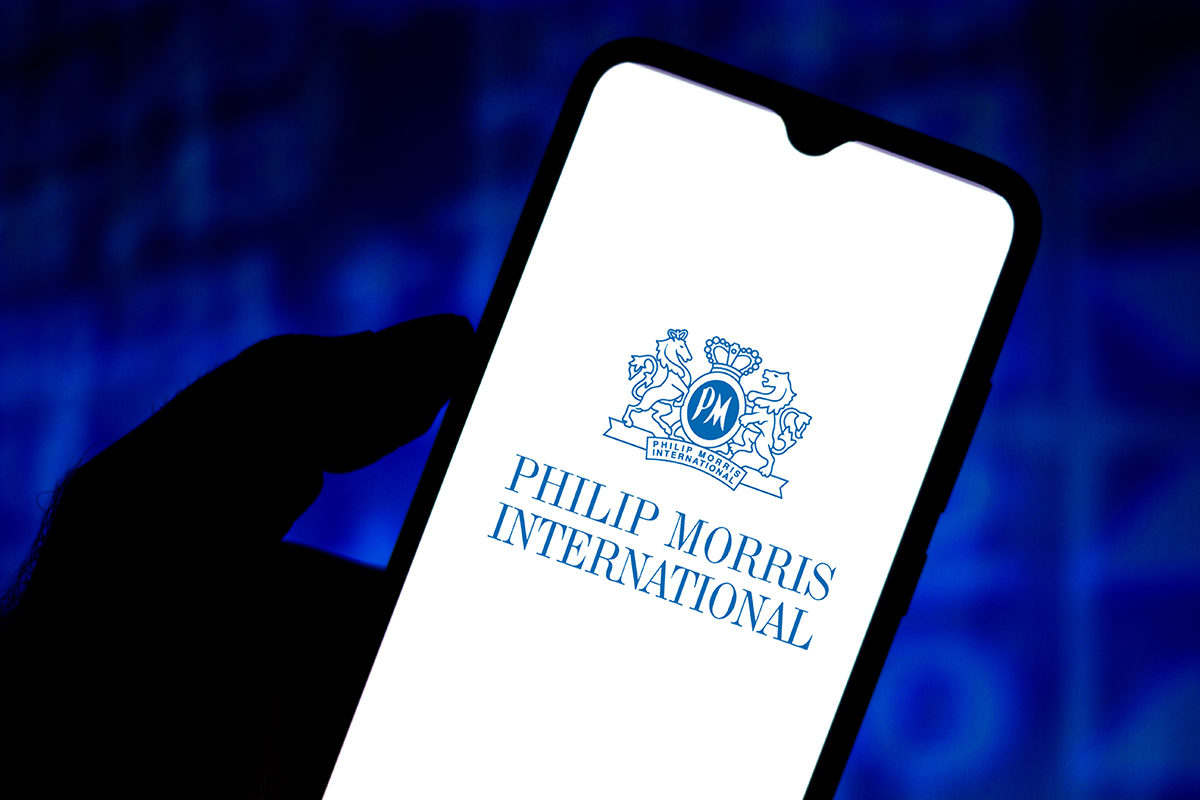Philip Morris International, renowned for producing Marlboro cigarettes, is mulling over the sale of a portion of its premier pharmaceuticals division.
Having ventured into health care and wellness in 2021 by procuring Vectura, a U.K. pharmaceutical entity specializing in inhalers and inhaled medications, Philip Morris aspired to make a mark. However, of late, this sector has faced hurdles. According to The Wall Street Journal, the company has sought counsel from Deutsche Bank to deliberate multiple strategies to bolster its health and wellness segment.
Philip Morris is looking for a strategic alliance to uplift Vectura, evaluating potential avenues such as licensing agreements, business collaborations, or parting with a significant or minor share in the venture.
To transform its image and focus on smoke-free alternatives, Philip Morris has also incorporated Fertin Pharma, a producer of nicotine gum, and OtiTopic, a firm focused on respiratory medications. These collective endeavours, worth over $2 billion, were directed at introducing non-smoking options and therapeutics for lung conditions often linked to smoking.
Yet, these ventures did not sit well with public health advocates. Consequently, a substantial $680 million impairment charge was levied on the company’s health and wellness sector in this year’s second quarter.
Philip Morris had projected, during the Vectura acquisition, a promising trajectory for its “Beyond Nicotine” initiative, aiming to amass a minimum of $1 billion in revenues from such products by 2025. However, following unforeseen challenges, the company adjusted its expectations, hinting at diminishing investments in this sector.
Despite these challenges, the company reaffirmed its dedication to the wellness and healthcare sector in its Q2 earnings report, expressing intentions to propel Vectura’s progress while being open to prospective collaborations.
This development emerges amidst ongoing scrutiny from health entities. This week, Philip Morris’ CEO was dropped from the speaker list at the Concordia Annual Summit, a parallel event to the United Nations General Assembly in New York. This decision came after health professionals opted out in objection to his participation. Consequently, Philip Morris’ association with the summit was promptly terminated.
The landscape for traditional tobacco companies continues to evolve as they navigate the intersection of their legacy businesses and new ventures into health and wellness. With increasing scrutiny from public health sectors and the broader public, companies like Philip Morris are finding it imperative to adapt and reposition. Whether these strategic shifts will prove beneficial in the long run remains to be seen, but what’s evident is that the stakes are high and the road ahead is laden with challenges.







